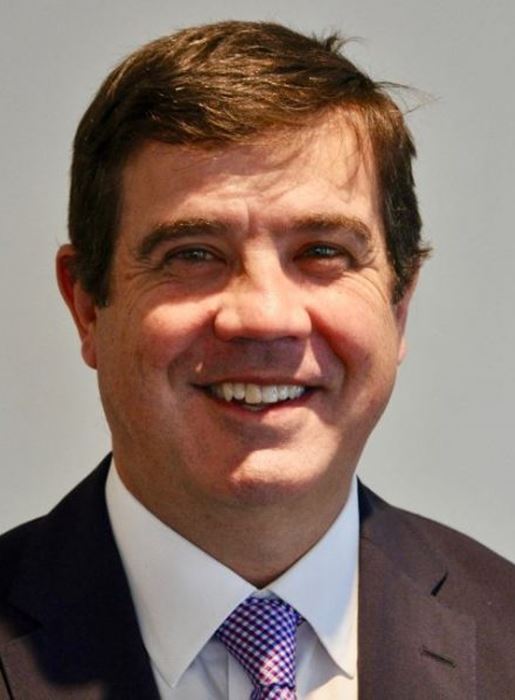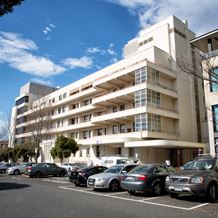Dr Richard Kennedy talks Hayfever & Allergies
St Vincent's Private Hospital, East Melbourne
- Home
- Patient News
- Dr Richard Kennedy talks Hayfever and Allergies
Dr Richard Kennedy, ENT Surgeon at St Vincent’s Private Hospital East Melbourne, says that the onset of allergy symptoms largely coincides with the increased release of pollen by plants, associated with the changing of the season.
“The most common trigger for allergic rhinitis or “hayfever” is the release of tiny particles of pollen into the air by trees, grass and weeds, to fertilize other plants. When these particles are inhaled by someone who is allergic, the immune system releases antibodies to attack the pollen, which it perceives to be a threat. This then triggers the release of a chemical called ‘histamines’ into the blood, which results in the common hayfever symptoms we see – a runny nose, watery itchy eyes, coughing and sneezing. Symptoms can be persistent or sporadic.
Pollen can travel for miles in the air so sadly, it’s hard to escape.”

Although there is no cure for hayfever, Dr Kennedy says there are methods to help manage and limit the symptoms.
“In an ideal world, you would simply remove the allergen or minimise your exposure to it where possible. Over the counter nasal corticosteroids which come as a spray, or antihistamine tablets are both available from the chemist and may prove helpful for some in limiting the severity or duration of symptoms. For others, prescription medication, immunotherapy and even surgery may be required, all depending on the severity and type of allergies experienced.
Generally speaking, if symptoms are persistent for four or more days per week, over the course of a month, or if they are affecting your daily activities such as work, school, sport or sleep, then I do encourage you to visit your Health Professional for further assessment and medical advice.”




